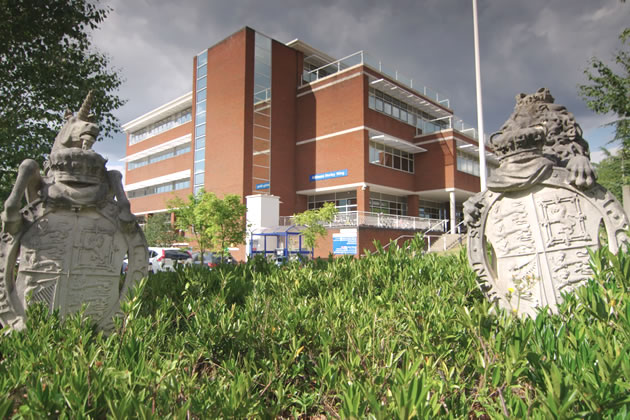No Covid-19 Cases at St. George's For Some Weeks
Hospital back up to pre-pandemic capacity for surgery but ready for second wave

St George’s Hospital in Tooting hasn’t had any patients in hospital with coronavirus “for some weeks now” according to its Chief Executive, but staff remain ready for a future increase in admissions.
Jacqueline Totterdell made the comments at Wandsworth Council’s Adults and Health Overview and Scrutiny Committee (14 September) as part of an update on the trust’s response to the pandemic.
She said: “We have not really seen a lot of Covid patients albeit I think going forward over the next month that may change.
“In terms of getting the hospital back to some sort of normality we still have an awful lot of patients to treat who we stopped treating during the first wave of Covid.”
She said that the trust is now running 28 of its 29 theatres and day case surgery is back “at full throttle” with as much work in day case as there was pre-Covid.
Ms Totterdell added that there has been a stage three letter to the NHS laying out expectations about how many patients need to be treated from the backlog.
“In terms of elective and day cases we need to do 80 per cent of the same amount of work that we did last year in September, and 90 per cent for October.
“In diagnostics we need to get to 100 per cent of what we did in October the same time last year and ditto for outpatients,” she said.
“We remain seeing a large amount of patients virtually, although working with our consultants, we are absolutely clear that those who need to come in and be seen, we do support them coming in and being seen with all the relevant infection prevention and control processes in place in our outpatient department.”
Looking ahead to the winter, she said: “Because we didn’t really understand Covid the first time round we cancelled everything other than life or limb.
“This time round, because there will be another peak, how big that is I don’t think any of us really know, [the plan is that] we can keep as much elective work going as we can in order to treat patients who need treating, including cancer patients. Of course that will rely on patients wanting to come into the hospital, but that is what the plan is to do.”
She noted recent work to improve well-being and diversity and inclusion at the trust, especially after seeing the effect Covid had on BAME staff and patients.
“The good thing that has happened is that we’re actually talking more openly about what it’s like being a member of staff in our organisation and beginning to address concerns that have probably been quite long- running,” she said.
“We have got our plan ready for the next surge that is very clear about how many ITU beds we can go up to as well as what wards become Covid-free and what actually become Covid wards.
“Ditto with flu, because we have to manage Covid, flu and winter all over the course of the next four or five months and we have to try and make sure that jigsaw puzzle fits together and our staff are clear about their roles and responsibilities. What we’re going to do, which wards have been identified and how we’re going to staff that.”
The last coronavirus-related death at the hospital was on 23 August.
Since the beginning of the pandemic 300 patients died at St George’s having tested positive for coronavirus
Sian Bayley - Local Democracy Reporter
September 16, 2020